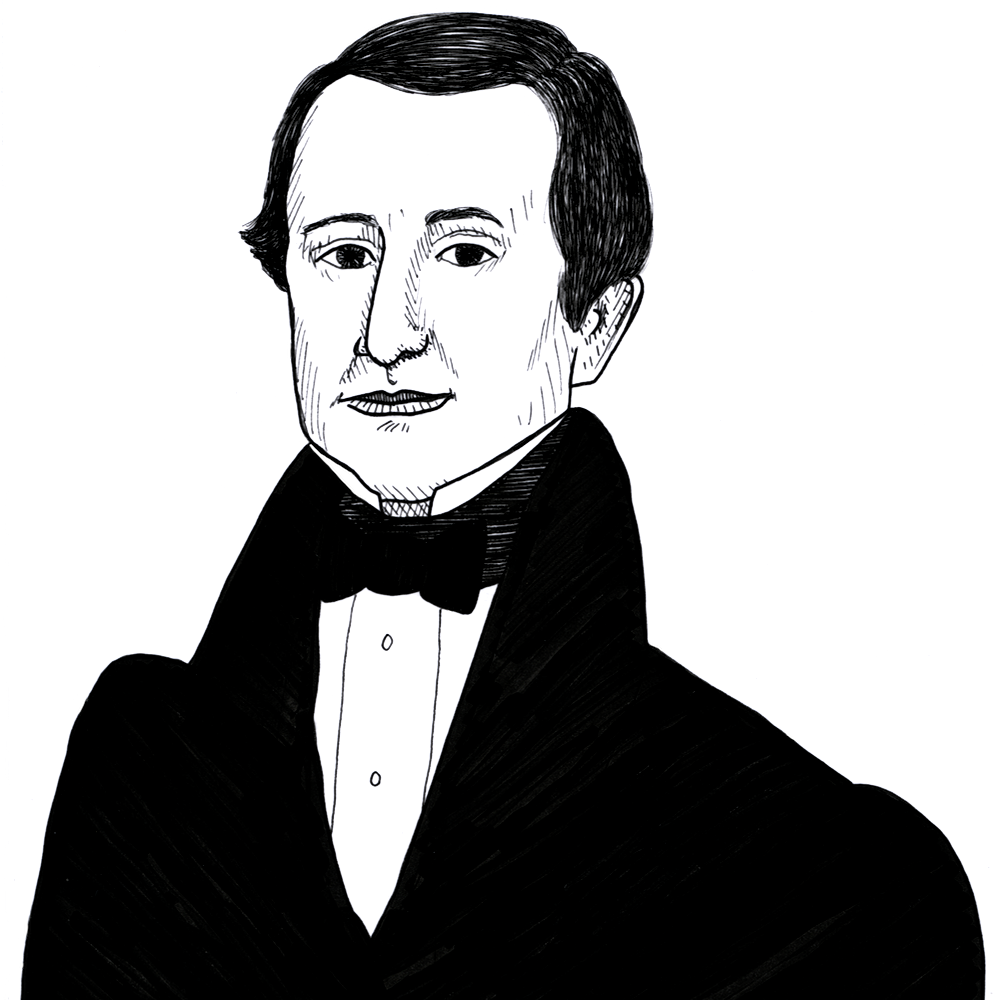
Leggett on the tendency of the government to become “the universal dispenser of good and evil” (1834)
Found in: Democratick Editorials: Essays in Jacksonian Political Economy
The Jacksonian era journalist William Leggett (1801-1839) argued against government intervention in the economy on moral grounds as well as because its policies favored one group or class over another:
Politics & Liberty
Whenever a Government assumes the power of discriminating between the different classes of the community, it becomes, in effect, the arbiter of their prosperity, and exercises a power not contemplated by any intelligent people in delegating their sovereignty to their rulers. It then becomes the great regulator of the profits of every species of industry, and reduces men from a dependence on their own exertions, to a dependence on the caprices of their Government. Governments possess no delegated right to tamper with individual industry a single hair’s-breadth beyond what is essential to protect the rights of person and property.
In the exercise of this power of intermeddling with the private pursuits and individual occupations of the citizen, a Government may at pleasure elevate one class and depress another; it may one day legislate exclusively for the farmer, the next for the mechanic, and the third for the manufacturer, who all thus become the mere puppets of legislative cobbling and tinkering, instead of independent citizens, relying on their own resources for their prosperity. It assumes the functions which belong alone to an overruling Providence, and affects to become the universal dispenser of good and evil.